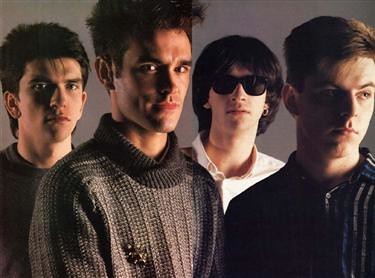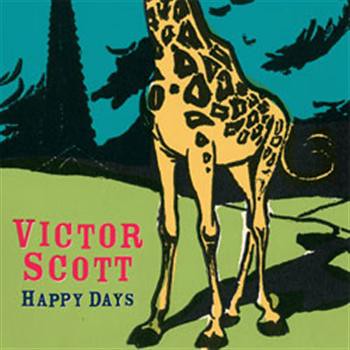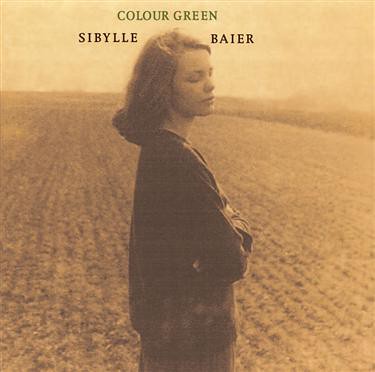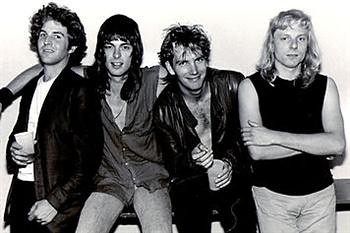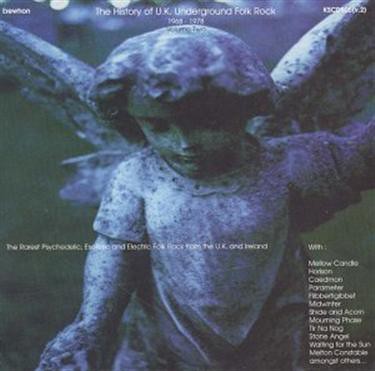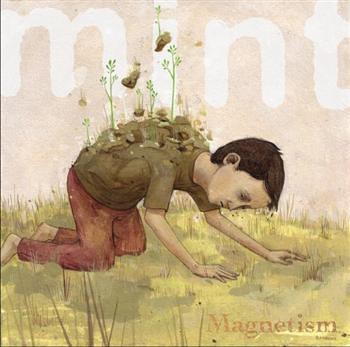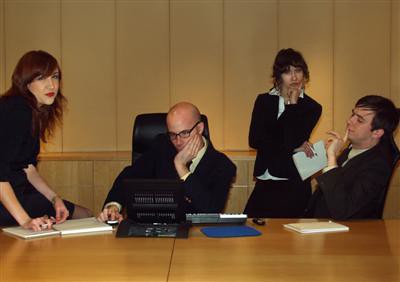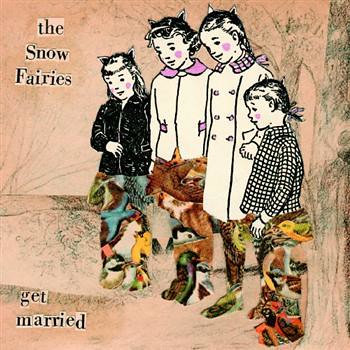Interview with Pinetop Seven
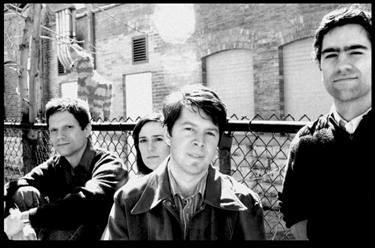
Darren Richard, of Chicago-based and local favorite Pinetop Seven, was kind enough to grant us an interview recently in support of the band's latest release, Beneath Confederate Lake (Amazon: US, UK, eMusic, iTunes). Many thanks to Darren for his frank and insightful responses, including his thoughts on the band's genre-defying reputation and their liberal view of today's file sharing culture. Though no live shows are currently scheduled, we hope that will change soon.
You've been part of Chicago's musical landscape for ten years now. How much does Chicago inform your music? Because even though you've used ambient noise on your recordings there almost seems something anti-urban about Pinetop Seven, not to mention a strong Southern gothic vibe.
I don't think there's anything Chicago-specific that really has much of an influence other than it's a really conducive city for making almost any type of music. There's no shortage of musicians in Chicago, and most of them are both unpretentious and musically open-minded. There's also a lot of mutual support and cross-pollination between bands.
As has often been noted, Pinetop Seven is a difficult band to pin down genre-wise. Do you think that's in part because your reference points are as much literary, cinematic and historical as musical?
I think all of those contribute, but more likely it's the amalgam of musical styles at play that I think presents a challenge to those who look for easy categorization. Myself, along with most of musicians that have contributed to Pinetop Seven, have pretty diverse musical tastes, and listen to and enjoy everything from tango, funeral dirges, 20th century classical, Eastern European, Asian gamelan, American folk and country blues, and everything in the cracks between. More than anything else, I believe it's the diverse musical influences at play that contribute to Pinetop Seven being difficult to classify.
Compared to some bands (and record companies), you take a very enlightened view about offering free mp3 downloads on your Web site. Do you find this a effective way to reach new fans? And are you concerned about the distribution of your music online in ways you can't control--such as through blogs or peer-to-peer sites?
I'm perhaps not as concerned as I should be, I don't know. We only make select tracks available on our Web site, while the remainder of the records can be found at iTunes or eMusic. I grew up on mix tapes, used records and bootleg recordings so it'd be a little hypocritical of me to get up on my soapbox and start complaining now that it's directly affecting me. I'm not going to lose sleep over it.
Read the rest of our interview with Pinetop Seven.
Visit Pinetop Seven's Web site.
Hear Pinetop Seven:
Hurry Home Dark Cloud (alternative version) - Pinetop Seven
A Page From the Desert - Pinetop Seven
A Black Eye To Be Proud Of - Pinetop Seven
A Minor Place - Pinetop Seven

